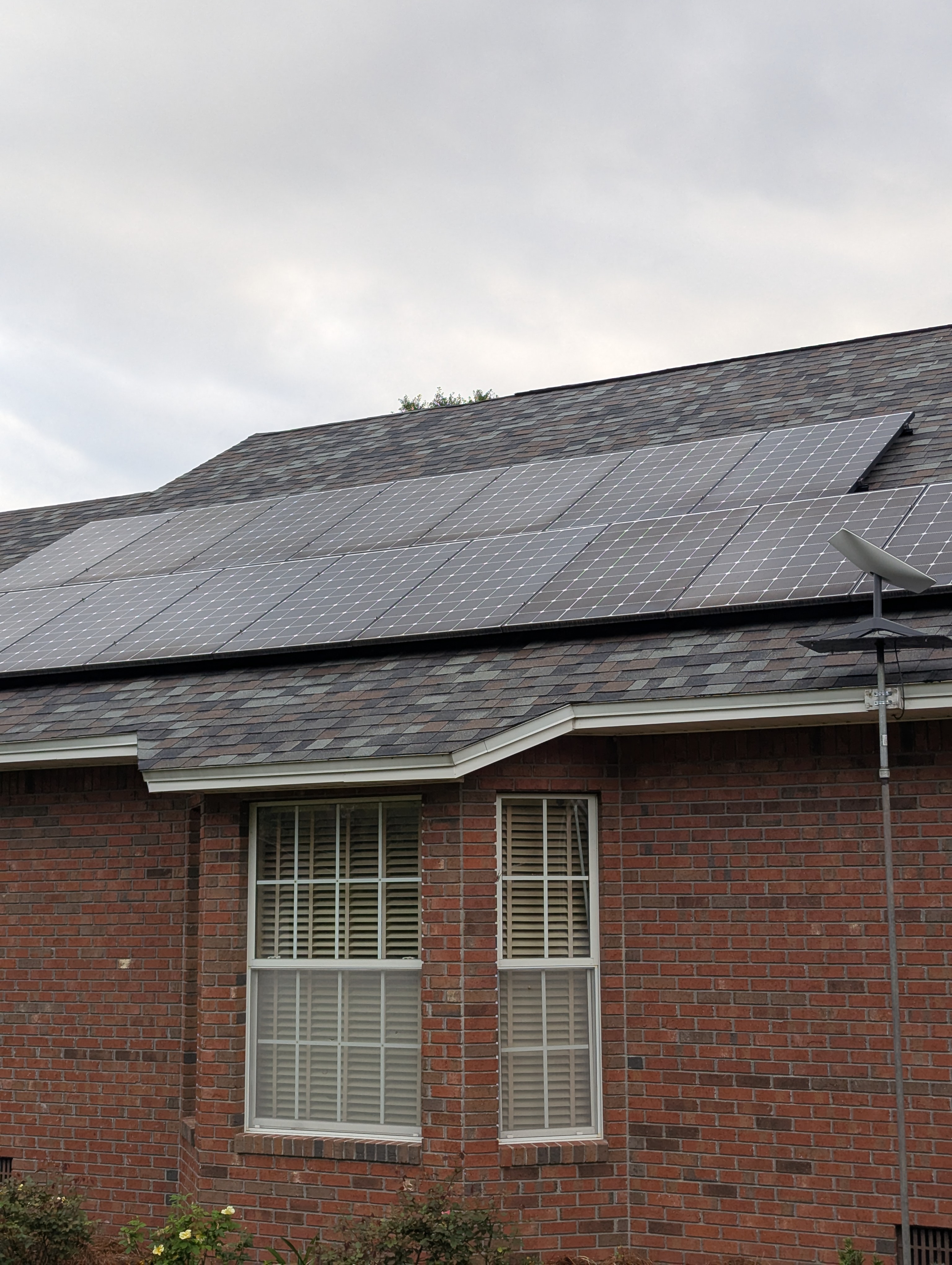Current Light Flashes
The official voice of West Florida Electric Cooperative:
Real Solar Advice, Costs & Considerations from a WFEC Member
For more than three decades, Dan Wyrick has been a member of West Florida Electric Cooperative (WFEC). Living in rural Florida, Wyrick has experienced his share of power interruptions, which led him to explore alternative energy solutions. Five years ago, he made the decision to install solar panels on his home - a choice driven by practicality and a desire for greater energy independence.
"In rural Florida, electricity can be interrupted several times a year," Wyrick explained. "I considered buying a generator, but that would have required storing fuel. Solar panels, especially with battery backup, offered a cleaner and more self-sufficient option."
He opted for a solar system with a single battery - foregoing a full off-the-grid setup, which typically requires two batteries. While a dual-battery system can sustain a home indefinitely with daily recharging, Wyrick's configuration allows him to maintain essential power during an outage. "With the new systems, I can monitor my use and turn off appliances and lights to conserve battery power," he noted.
The results over the past five years have been impressive. Wyrick estimates savings between 40 and 50 percent on his energy bill - a significant return on investment. And when outages occur? "I hardly notice when the power goes out," he said. "The system takes over and does exactly what it's designed to do."
When choosing a solar contractor, he emphasized the importance of research. "Do your homework and ask around. I talked to other homeowners and friends who had systems installed and learned from their experiences." Though he hasn't needed much follow-up service, he's been satisfied with the reliability of his system overall.
Wyrick also shared a few cautionary notes for those considering going solar. "There are some hidden costs that solar companies don't always tell you about," he warned. "There's a solar fee from the cooperative - not a punishment, but a cost associated with energy being purchased on your behalf. Plus, your meter has to be upgraded, your homeowners' insurance may increase, and your property taxes might go up since your home's value increases."
Wyrick did reach out to West Florida Electric Cooperative before installing his system, although he admits he wasn't sure what to ask at the time. His advice to other members? Be informed and ask questions early in the process.
Before investing in solar, understand how it works - both the pros and limitations. If your goal is to save money, contact WFEC to help evaluate your potential savings and ensure your system fits your budget and energy needs.
Things to consider:
• WFEC offers a 5.2 cent/kWh credit for systems under 25 kilowatts. Some solar companies use national average rates that don't reflect WFEC's accurately.
• Weather dependence: Solar panels don't produce power at night or during cloudy periods, so you'll still rely on WFEC for consistent energy.
• Fixed costs remain: Regardless of solar output, WFEC maintains infrastructure supported by a $35 monthly base charge for all members and a $4.94 per kW solar recovery fee, which is passed through to the member from PowerSouth.
Co-op requirements:
• A signed interconnection application and a $135 fee • A special meter installed by WFEC
West Florida Electric Cooperative is here to help. Reach out before you buy, and make sure solar is the right fit for your home, your goals and your wallet.

